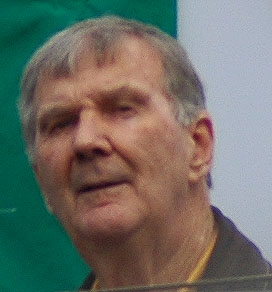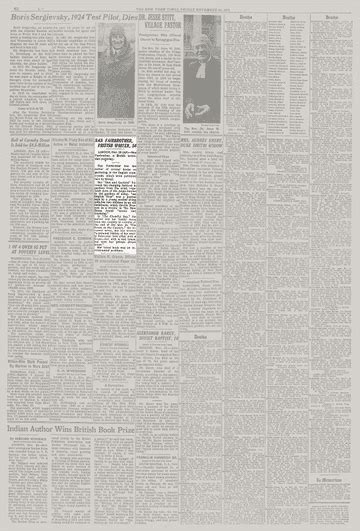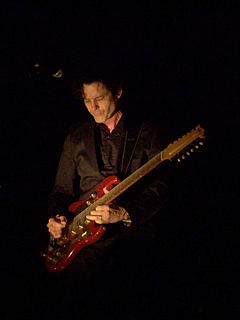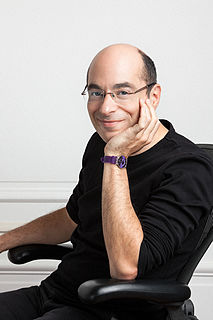A Quote by Eric Hoffer
It is thus with most of us; we are what other people say we are. We know ourselves chiefly by hearsay.
Related Quotes
Realize that illness and other temporal setbacks often come to us from the hand of God our Lord, and are sent to help us know ourselves better, to free ourselves of the love of created things, and to reflect on the brevity of this life and, thus, to prepare ourselves for the life which is without end.
You've got to involve yourself in doing something for other people all the time. I know that sounds sentimental, but you see, ordinary people are the most generous people on Earth without question. And what I think we should do is constantly try to give as much of ourselves as we can to each other - that's the secret of happiness for all of us.
Few people...have had much training in listening. The training of most oververbalized professional intellectuals is in the opposite direction. Living in a competitive culture, most of us are most of the time chiefly concerned with getting our own views across, and we tend to find other people's speeches a tedious interruption of the flow of our own ideas.
We see ourselves in other people’s eyes. It’s the nature of the human race; we are a species of reflection, hungry for it in every facet of our existence. Maybe that’s why vampires seem so monstrous to us—they cast no reflection. Parents, if they’re good ones, reflect the wonder of our existence and the success we can become. Friends, well chosen, show us pretty pictures of ourselves, and encourage us to grow into them. The Beast shows us the very worst in ourselves and makes us know it’s true .
We may seem the weakest and most insignificant of all the Realms, but our strength comes in other ways. We have what no other race has: imagination. Any one of us, even the lowliest, can create worlds within ourselves; we can people them with the most extraordinary creatures, the most amazing inventions, the most incredible things. We can live in those worlds ourselves, if we choose; and in our own worlds, we can be as we want to be. Imagination is as close as we will ever be to godhead, Poison, for in imagination, we can create wonders.
In modern society most of us don't want to be in touch with ourselves; we want to be in touch with other things like religion, sports, politics, a book - we want to forget ourselves. Anytime we have leisure, we want to invite something else to enter us, opening ourselves to the television and telling the television to come and colonize us.
So the greatest source of happiness is other people- and what does money do? It isolates us from other people. It enables us to build walls, literal and figurative, around ourselves. We move from a teeming college dorm to an apartment to a house, and if we're really wealthy, to an estate. We think we're moving up, but really we're walling off ourselves.





































